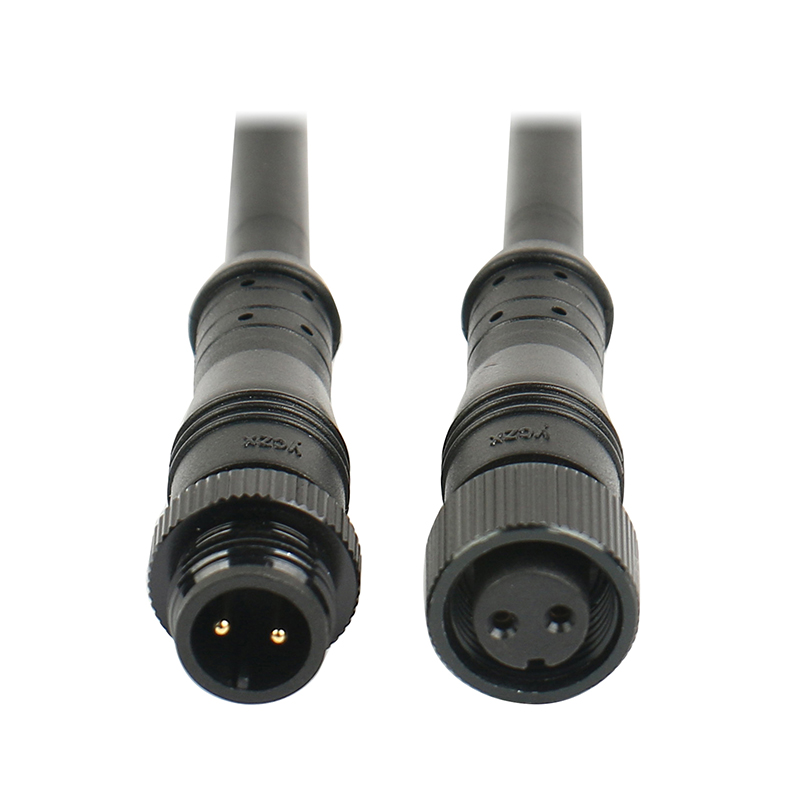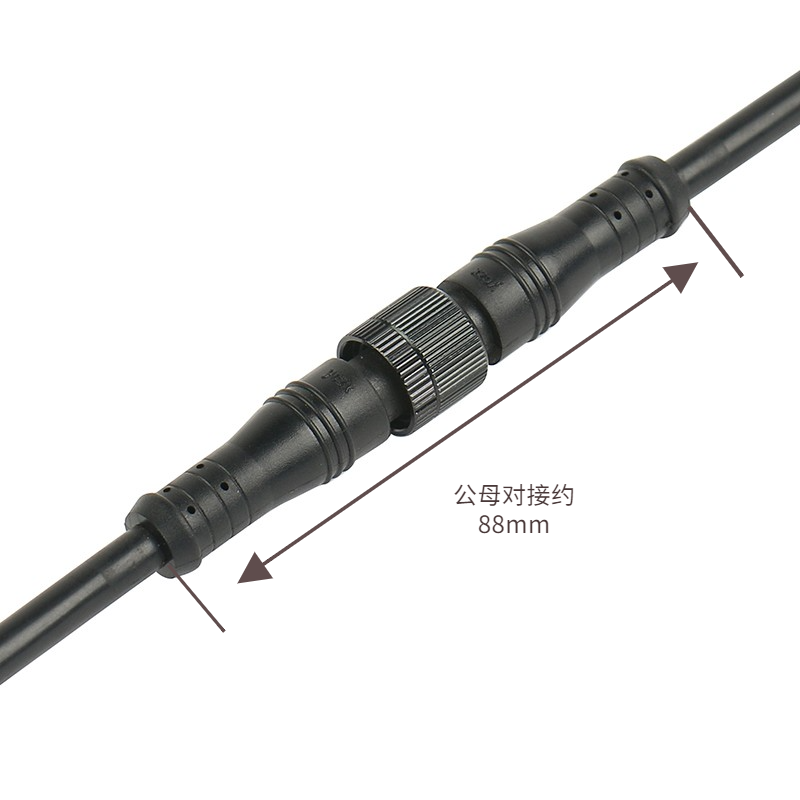News


News

Marine Electrical Safety Alert: How Substandard marine waterproof wire connectors Can Trigger Disasters
Release time:2025-03-21
viewed:412
In marine environments, electrical systems face relentless challenges: saltwater corrosion, constant vibration, and extreme humidity. While marine waterproof wire connectors are designed to withstand these conditions, cheap or non-compliant products can turn into ticking time bombs.

Substandard connectors often cut corners in three critical areas:
Corrosive Contacts: Cheap alloys (e.g., non-tinned copper) rust rapidly in saltwater, increasing resistance and overheating.
Degraded Seals: Recycled silicone or PVC cracks under UV exposure, allowing water ingress.
Poor Strain Relief: Weak cable clamps fail to absorb vibrations, leading to wire fatigue and breaks.
Inadequate IP Ratings: Fake IP68 labels may hide connectors that leak at just 0.5m depth.
Uncertified connectors often bypass critical tests for salt spray, thermal cycling, and flame resistance.
A Mediterranean yacht’s navigation system suddenly failed during a storm. Investigators traced the cause to counterfeit IP68 connectors in the bilge pump circuit. Moisture intrusion corroded terminals, sparking a short circuit that ignited nearby wiring. The fire caused $800K in damages and stranded the vessel for months.
A trawler’s fish-finding sonar malfunctioned mid-voyage due to non-UL-listed connectors in its power distribution panel. Saltwater seepage corroded contacts, triggering a cascade failure of radar, GPS, and communication systems. The crew narrowly avoided a collision in foggy conditions.
At a marina, a corroded connector in a shore power line exposed live wires to rainwater. A dockworker received a severe electric shock, highlighting the life-threatening consequences of compromised insulation.

UL Certification: Ensures flame resistance and electrical safety (UL 1977, UL 2238).
IEC 60529: Validates IP68/IP69K waterproof claims through pressurized submersion tests.
ISO 17799: Tests salt spray resistance for marine environments.
Gold-Plated Contacts: Resist oxidation even in high-salinity air.
Double-Sealed Housings: Combines silicone gaskets and epoxy potting for layered protection.
Stainless Steel Screw Locks: Prevent loosening from engine vibrations.
Demand Certificates: Always request UL, IEC, or TÜV compliance documents.
Verify IP Testing: Ask for third-party IP rating test reports.
Choose Trusted Brands: Suppliers like TE Connectivity, Amphenol, and Phoenix Contact adhere to marine-grade standards.
Regular Inspections: Check connectors annually for corrosion, cracks, or loose seals.
A marina in Florida opted for uncertified connectors to save $15K on a dock lighting project. Within two years, 60% of connectors failed, requiring a $90K overhaul—plus legal fees from a guest’s injury claim.
Substandard marine waterproof wire connectors aren’t just a cost-saving gamble—they’re a liability risking lives, vessels, and reputations. By investing in certified, marine-grade connectors, you ensure compliance, reliability, and peace of mind.